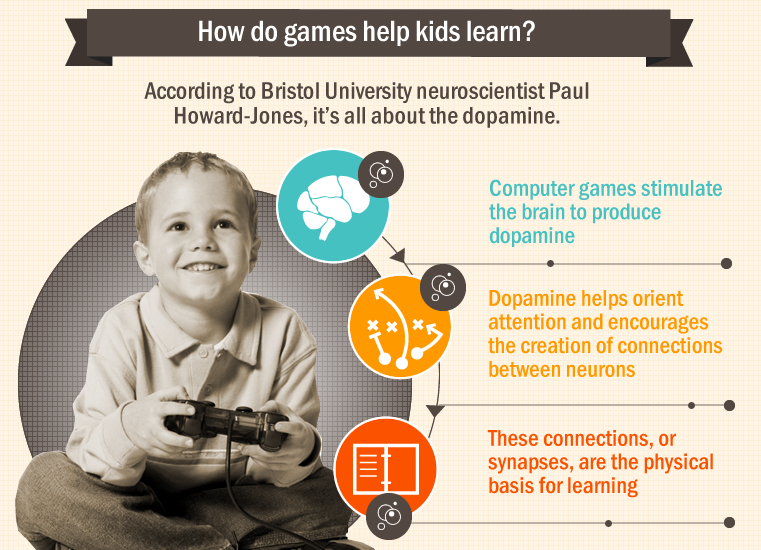3 Pretend Play Apps that Help Stimulate Language
When you think of your fondest childhood memories, do they involve pretend play? Mine do. Dress up, doctor, grocery store, teacher and beauty parlor to be specific. Child development experts know this isn’t just any childhood activity, pretend play serves a purpose in fostering language skills and cognitive development in children. For children with language disorders, pretend play is a great therapy technique. Today, however, you don’t need a set of dolls and teacups – the great people at Toca Boca have developed a line of pretend play apps. Now you can have a birthday party, tea party, build a robot and style your hair – without all the usual play props. Using your iPad, parents looking to incorporate at-home speech and language therapy activities, should consider using these great apps.
Toca Hair Salon ($1.99)
For boys and girls alike, this app offers great opportunities for using descriptive language and creating very silly characters. Players can style the character’s using a variety of tools, give them a shower, decorate with bows and glasses or snap a picture. The variety of actions and styling options make this a great tool for using verbs (cut, comb, wet, dry) and adjectives (wavy, curly, red). With this apps parents should:
- Reinforce emotional concepts by describing and modeling different feelings (e.g., “the girl looks sad about her haircut, oh no!”)
- Take turns as the stylist and the client. Practice having your child give or follow through with instructions (e.g., “I’d like some red curls with a bow on top, please.”)
Toca Tea Party ($1.99)
A pot of tea, anyone? With this app, a table setting with candles and classic music set the stage for a tea party with you, your child, and a few stuffed animals friends. Players can serve food and drinks, eat the treat and even clean the dishes. The interface is particularly child-friendly and intuitive (like most Toca Boca apps) and players can “eat” or “drink” the treats simply by tapping them (pay attention to the great sound effects here). With this apps parents should:
- Take turns giving and taking orders (e.g., “what would you like to drink?)
- Talk about math concepts (e.g., some, more, half, none)
- Use pronouns (e.g., “what does she have?” “what does he need?”)
- Model past tense, irregular verbs (e.g., ate, drank)
The classic days of playing kitchen have taken a digital twist by allowing players to microwave, blend, chop and boil their food – all from the iPad kitchen! Choose from 4 players to serve and get creative with your meal choices. With this app, parents should:
- Comment on or label their child’s play (e.g., “that food looks yummy!”). These comments can provide a language rich environment.
- Model and encourage a logical sequence of events (e.g., “first you cook the broccoli, then you eat it”). This helps teach concepts of time and organize the play.
- Use concepts related to food to describe what is being cooked (e.g., yummy, yucky, hot, cold)
Regardless of the medium, pretend play is a great platform for encouraging and engaging language and should be incorporated into any at-home therapy. Encourage children to: negotiate roles, interact with those roles (e.g., I’ll be the teacher, you be the student), use problem-solving, use symbolism, set up a structure (e.g., gather all the materials for a tea party) and express emotions and feelings.



